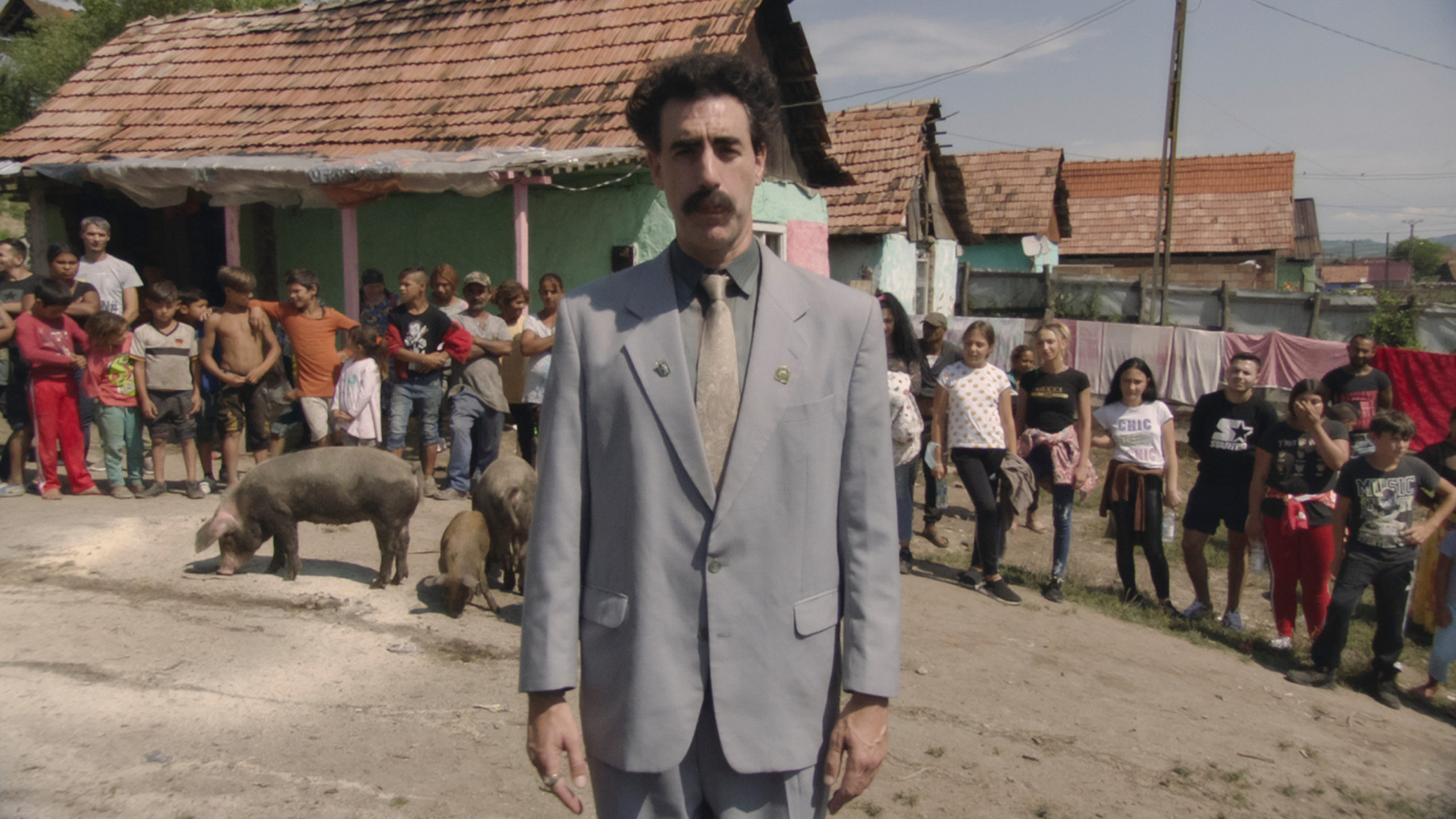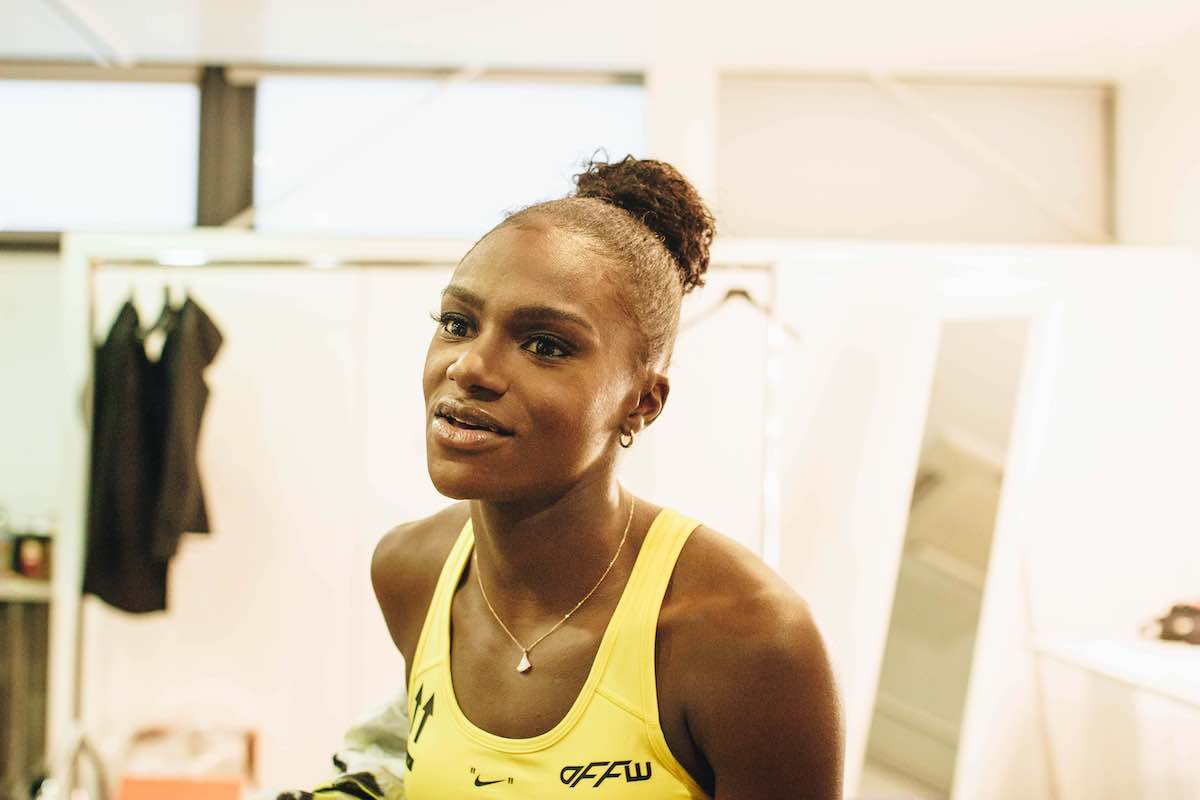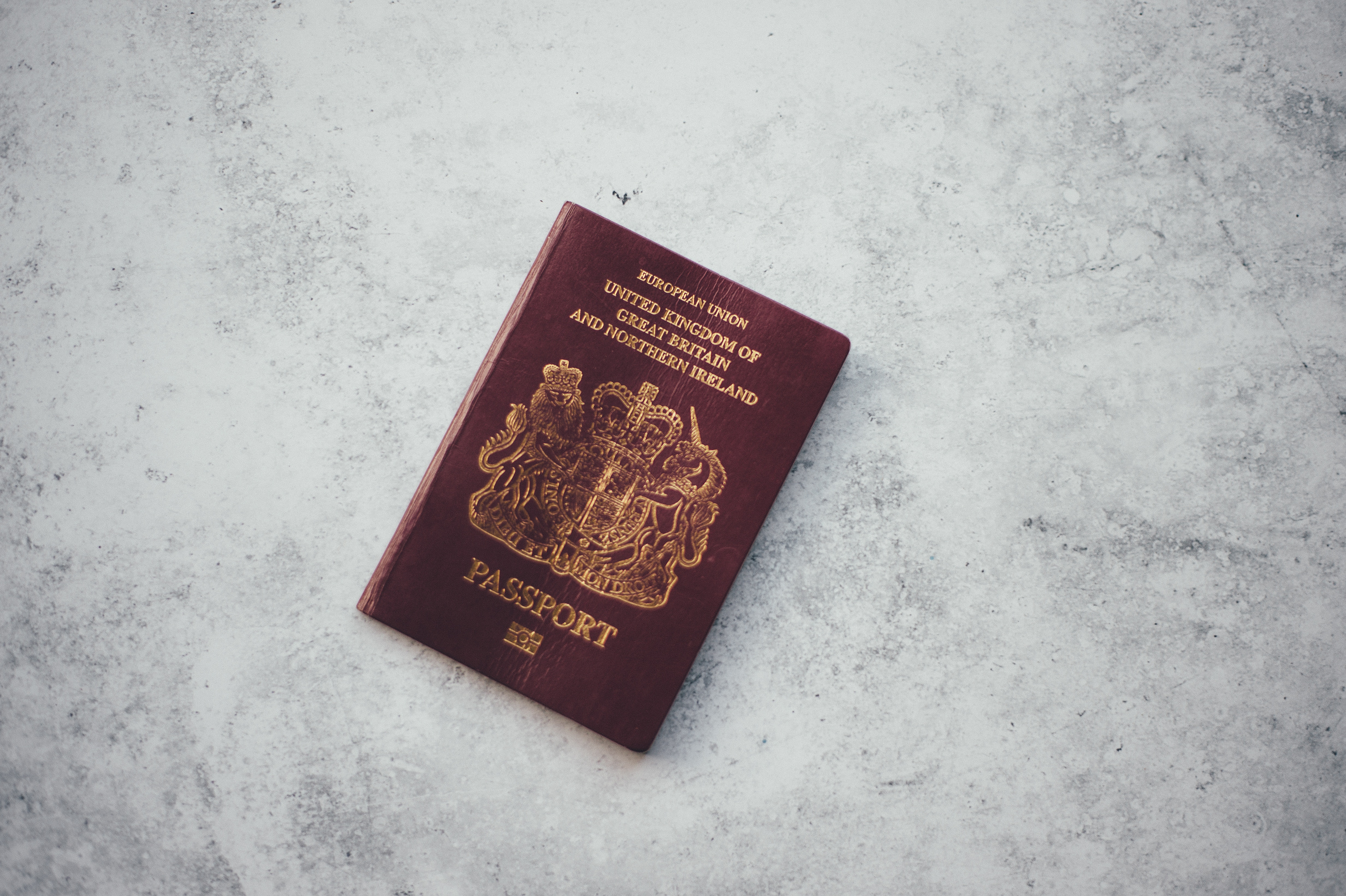
‘The Real Housewives of ISIS’ TV sketch is dangerous given the rise of Islamophobia
Anonymous and Zainab Kwaw-Swanzy
11 Jan 2017
Earlier this week, BBC2 released a short clip to promote their new show, Revolting. A sketch from the show named “The Real Housewives of ISIS” went viral and has left viewers divided. Revolting is a satirical show that mocks current world affairs, and “The Real Housewives of ISIS” makes light of the members of the terrorist group. Whilst some viewers have praised BBC2 for is bravery in poking fun at ISIS, others found it tasteless and quite frankly dangerous given the rise of Islamophobia.
The main argument defending BBC2 is that the whole point of satire to is mock and ridicule. “The Real Housewives of ISIS” achieves this by criticising ISIS and not Islam and Muslims in general. ISIS does not represent Islam, so Muslims should not feel targeted. If anyone feels offended at the video, surely this means that they are sympathising with ISIS. Unless you’re a member of ISIS, this video should not upset you.
The issue of being offended by such a show is greater than being of a specific religion; almost anyone would feel uncomfortable with a comedy show highlighting the horrors that take place daily in the Middle East.
However, as easy as it is to say that ISIS is not conflated with Islam, for a lot of people, it is. It does not help that the group has “Islamic” in its name, nor that they claim to draw inspiration from the Qu’ran. Satire like this almost certainly does not aid the number of people who are targeted every single day on account of their religious beliefs.
It would be foolish to suggest that the show does not extend farther than the decrepit houses that the four housewives live in, as it is no doubt a reinforcement of the stereotype of the “subjugated woman” in Islam; the one who dutifully follows her husband, the one who is made to cover up, the one who does not have a say. As so much about the lives of ISIS wives is unknown, the writers have simply conjured up an idea, exaggerated in the name of satire, using stereotypes. This show is badly-written and is from the point of view of two white men, who have little to no experience of the consequences of ISIS’ existence. So to create a show that satirises the oppression of women under the regime, using stereotypes of brown women is very much in poor taste, and it really doesn’t take being an ISIS sympathiser to take issue with the show.
One might argue that of course no one is denying the fact that Muslim women are victims of ISIS. However that is not what “The Real Housewives of ISIS” is trying to address. BBC2 are not laughing at Syrian women who live in fear every day because of ISIS. They are not asking us to scoff at the women who are trafficked and forced into joining ISIS against their will. This is about the British Muslims who have consented to becoming a member of ISIS and they deserve to be criticised.
However, consent becomes a blurred term when there is evidence of indoctrination and grooming, and this is something that ISIS soldiers do very well when they are on the hunt for new recruits. It is incredibly easy to vilify the young girls who have left their homes to go and join their soon-to-be husbands in Syria. Girls as young as 15 have gone to join the ISIS soldiers, often with little to no true idea of what awaits them, instead relying only on the grand promises given to them by their online partners, the true culprits, the ISIS soldiers.
Secondary, yet just as important, is the great harm and unnecessary distress such a show may cause to the families of the young people who have left them to go and join ISIS. Is it right to paint this in a jovial light, especially when it is presumed that at least one of the young girls has died over there?
BBC2 are not the first to make light of terrorists in this way. Four Lions was a film released in 2005 which followed a group dim-witted British Muslim men on their journey to becoming suicide bombers. The film was widely praised for its dark humour and was rated as one of the Top 10 movies of 2010 by TIME magazine. One might argue that there was no outrage, no cries of Islamophobia – so what makes Four Lions any different to “The Real Housewives of ISIS”? Are we as a society becoming more sensitive? If we can not make fun of a hate group like ISIS, what on earth can we joke about?
The difference between Four Lions and “The Real Housewives of ISIS” is that the former actually focuses on the terrorists at hand, whereas the latter pays a twisted homage to a group of women, some of whom are indirectly caught up in the evil ideology, and/or have not consented to adhering to the ISIS way of life. If anything, BBC2 should have produced a satire on the ISIS soldiers themselves, mocked their day-to-day lives, because what is so funny about seeing a woman in servitude? Satire has a wonderful tendency to humanise a situation, to reduce it down to something tangible enough for us all to digest and enjoy, and so it would be wiser to deconstruct the terrorists, who are at the top of the food chain, as it were, as opposed to the women who are slaves to the ISIS system.
“The Real Housewives of ISIS” is but a poor attempt to shed light and humour to an otherwise terrible and heartbreaking situation that is a reality for a large number of people. To do so at the expense of the women in ISIS, some of whom may have consciously consented but many others a victim to the ideology, completely misses the point of satire as it fails to target the correct group; the soldiers themselves.









